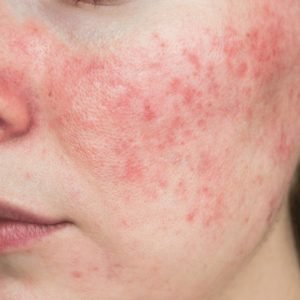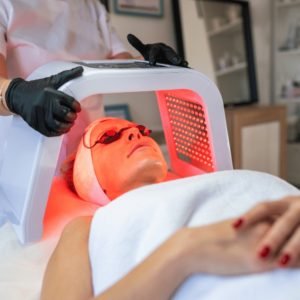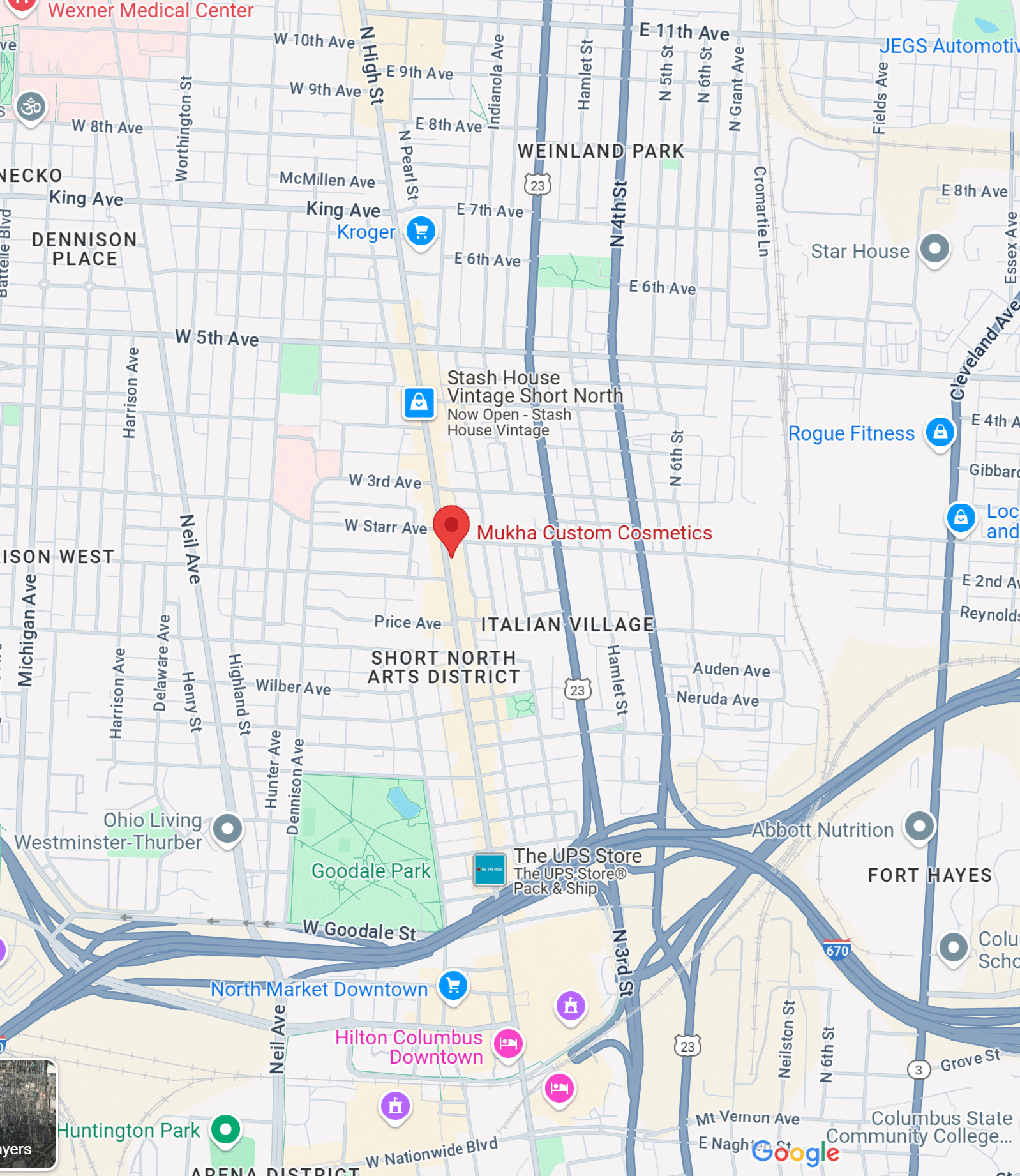Rosacea is a chronic skin condition that affects millions of people worldwide. While there is no cure for rosacea, there are treatments that can help manage the symptoms and prevent flare-ups. Here are some tips for helping rosacea patients:
1. Avoid triggers. Common triggers for rosacea include sunlight, wind, hot weather, alcohol, spicy food, and strenuous exercise. If you can identify your triggers, you can avoid them and reduce the frequency of flare-ups.
2. Use gentle skincare products. Rosacea can cause sensitive skin, so it’s important to use gentle, non-irritating products. Look for products labeled “non-comedogenic” or “for sensitive skin.”
3. Protect your skin from the sun. Sun exposure can trigger rosacea flare-ups and make symptoms worse. Wear a broad-spectrum sunscreen with an SPF of 30 or higher every day, even on cloudy days.
4. See a dermatologist. If your rosacea is not responding to self-care measures, see a board-certified dermatologist for treatment. There are many effective treatments available, including topical medications, oral medications, and laser and light therapies.
5. Be patient. Rosacea is a chronic condition, so it may take time to find the right treatment plan. Be patient and work with your dermatologist to find the best way to manage your symptoms.
What is Rosacea?
Rosacea is a chronic, inflammatory skin condition that most often affects the face. It causes redness on the nose, chin, cheeks, and forehead. In some cases, rosacea can also cause swelling and bumps on the face.
chin, cheeks, and forehead. In some cases, rosacea can also cause swelling and bumps on the face.
Rosacea is most common in middle-aged women. However, it can affect people of all ages and both sexes. Rosacea is not contagious.
What are the signs and symptoms of Rosacea?
The most common symptom of rosacea is a flushed or red face. Other symptoms may include:
– Swelling and bumps on the face (acne rosacea)
– Burning or stinging sensations on the face
– Dryness and itch
How to Treat Rosacea
If you suffer from rosacea, you know that this chronic condition can be frustrating and even embarrassing. The good news is that there are a number of treatments available that can help control the symptoms and keep the condition under control.
One of the best things you can do for your rosacea is to avoid trigger factors. Common triggers include sun exposure, hot weather, wind also spicy foods, alcohol, and strenuous exercise. If you can identify your triggers and avoid them, you’ll be well on your way to managing your condition.
In addition to avoiding trigger factors, there are a number of topical skin care products and oral medications that can be used to treat rosacea symptoms. Topical treatments include cream or gel metronidazole, azelaic acid, and ivermectin. Oral medications include doxycycline, minocycline, and tetracycline. These medications can help reduce inflammation and redness, as well as improve the appearance of the skin. Always be sure to wear a minimum of SPF 30 in the sun.
If you suffer from severe rosacea, you may also need to undergo laser treatment or other forms of light therapy. These treatments can help reduce the size of blood vessels and improve the appearance of the facial skin.
No matter what type of rosacea you have, there are treatments available that can help control your symptoms long term and make living with this condition easier. Talk to your doctor regarding a diagnosis and also about the best treatment option for you.
Red Light Therapy
 Red light therapy is a treatment that uses low-level red light to help reduce the appearance of wrinkles, fine lines, as well as other signs of aging. It can also help reduce the appearance of redness and inflammation associated with rosacea.
Red light therapy is a treatment that uses low-level red light to help reduce the appearance of wrinkles, fine lines, as well as other signs of aging. It can also help reduce the appearance of redness and inflammation associated with rosacea.
Red light therapy works by increasing collagen production and stimulating blood flow, which can help improve the appearance of the skin. Collagen is a protein that helps to keep the skin looking youthful and elastic.
If you’re suffering from rosacea, don’t worry – help is available. In addition to avoiding triggers and using medications, LED red light therapy may be a treatment option for you. This non-invasive procedure is safe and effective and can provide relief from the symptoms of rosacea. Schedule your appointment today to see if this therapy can benefit you. Thanks for reading!


